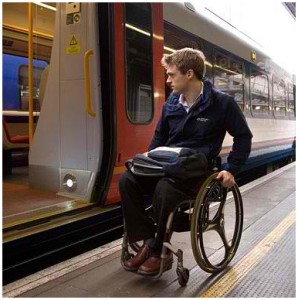 You have a right to reasonable accommodations for your disability if they are necessary for you to perform the essential functions of your job. The problem in a situation like yours often lies in coming to an agreement about what is reasonable.
You have a right to reasonable accommodations for your disability if they are necessary for you to perform the essential functions of your job. The problem in a situation like yours often lies in coming to an agreement about what is reasonable.
Several laws require employees to make reasonable accommodations for disabled employees. They include the federal Americans with Disabilities Act (ADA), the New York State Human Rights Law (HRL), the New York City Human Rights Law, and the New Jersey Law Against Discrimination (NJLAD).
To invoke these protections, an employee should formally request specific accommodations with an explanation of how such accommodations will enable him or her to perform the job. After receiving a request for accommodation, an employer has a legal obligation to participate in a process to attempt to meet the employee’s request.
Common workplace accommodations that are considered reasonable include:
- Modifying facilities to make them handicapped-accessible.
- Acquiring modified equipment or devices to assist with job functions.
- Modifying the employee’s work schedule.
- Adjusting job duties, or reassigning the employee to a more suitable position.
If an accommodation is an “undue hardship,” which usually means it is too expensive, your employer may deny it. However, you and your employer should both make a good-faith effort to determine how your employer can accommodate you, and how to make it happen.
If you think your employer is not fulfilling its obligation to accommodate your disabilities, a Ginarte law firm disability discrimination attorney can help you. Our attorneys are skilled negotiators as well as litigators. We may be able to solve the problem by meeting with your employers, or we may be able to pursue a failure-to-accommodate lawsuit for compensation under, either, federal or state law.
See our disability discrimination and failure to accommodate pages for more information.
